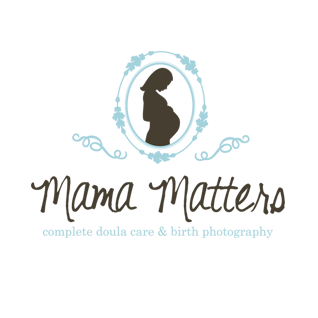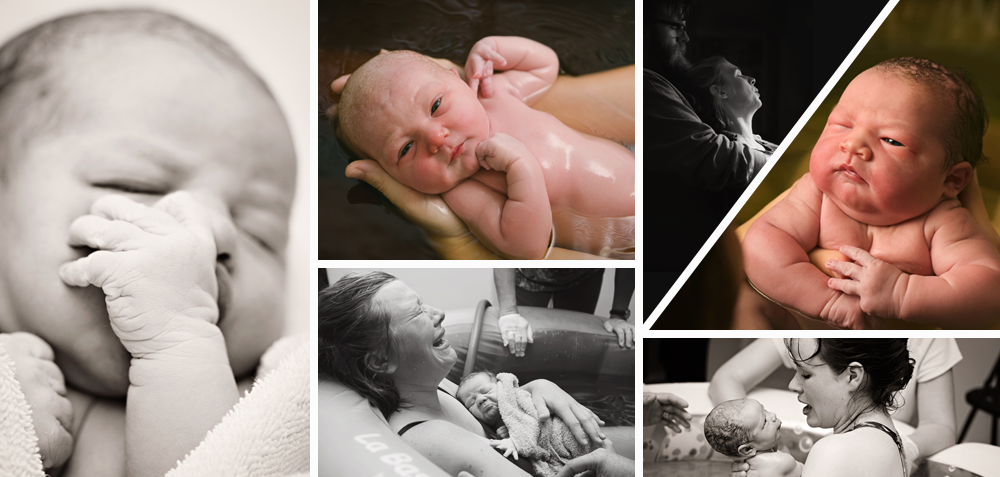“It is clear that the importance of support, advice and assistance in the weeks and months following birth cannot be overemphasized. The ways in which the woman, baby, partner and siblings make the transition to a new family unit have a long-term impact on their physical and emotional health. The postpartum doula fills a large gap in maternity care and is able to facilitate a smooth and rewarding transition.” -DONA International
I am so excited to announce that I am in the process to be certified as a postpartum doula and will now offer nurturing postpartum care to moms.
I strongly believe something that is missing from our society is a “mothering” of the postpartum mom. In many traditional cultures, there is a time called the “lying-in” period, in which the postpartum mother, for typically at least six weeks after childbirth, nurtures herself and her baby. This is accomplished in different ways depending on the tradition of the society, but always involves a community of women (usually women who have been mothers themselves) giving strong physical and emotional support during the postpartum time. During this time, the mother is encouraged to stay in bed with her baby, avoid housework, and heal from her birth. Oftentimes she is “treated like a queen”, served special soups, assisted with breastfeeding, and given massages. She is not expected to “get on with her life” or follow normal routines or hold normal responsibilities. Her responsibility is to herself and her infant.
Our culture is very much lacking in this type of support; most moms are expected to go home from the hospital or birth center completely equipped to tackle the demands (however rewarding they may be) of having a newborn. It could be challenge to anyone, but to the hormonal, exhausted, sometimes physically ill/injured new mom, it can be overwhelming. That is where a knowledgeable postpartum doula may be able to help out, providing a listen ear, resources, physical assistance, and a simply helping hand to the growing family unit.
There is evidence that mothers who have support during the postpartum period:
- Achieve greater breastfeeding success
- Feel greater self-confidence
- Experience less postpartum depression
- Have a lower incidence of abuse than those who do not.*
It is not a sign of weakness to ask for help when you need it! You owe it to yourself, your baby, and your family to make sure you are cared for, nurtured, mothered.




